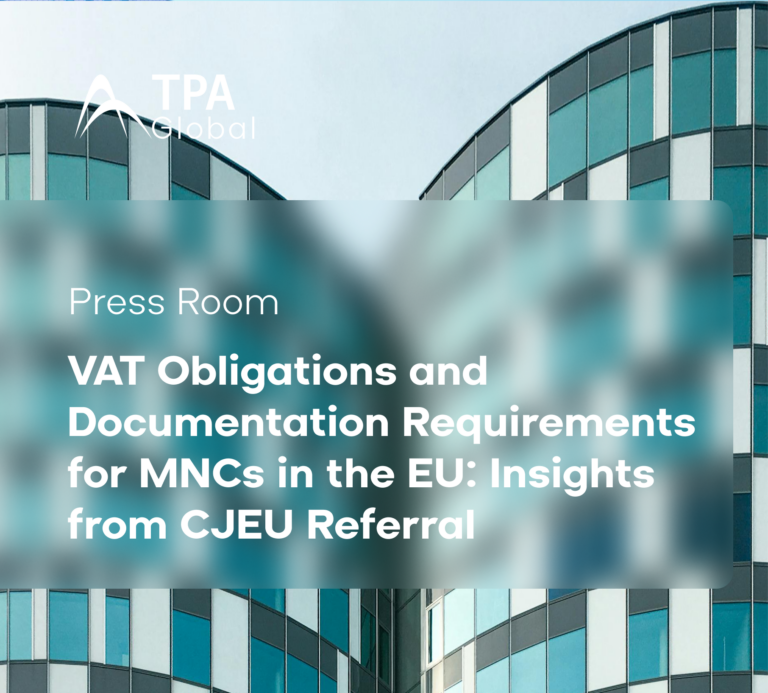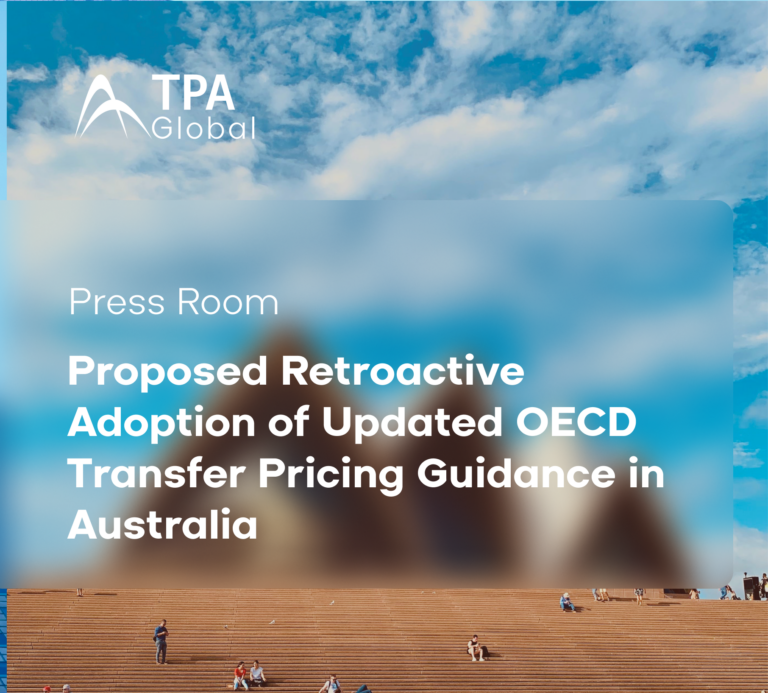Introduction:
In a stride towards international tax alignment, Brazil has ushered in a transformative era with the enactment of a new transfer pricing law, set to be mandatory from January 1, 2024. This shift, outlined in Law No. 14,596 of June 14, 2023, not only brings Brazil in line with the OECD’s transfer pricing guidelines but also aims to position the country within the intricate web of global value chains.
Approval Process and Implementation:
The beginning of this tax evolution traces back to Provisional Measure No. 1,552/22, published on December 28, 2022. Following a journey through the legislative corridors, the measure metamorphosed into Law 14,596/23 on June 14, 2023, after receiving the presidential seal without substantial alterations. This legal framework allowed Brazilian taxpayers to embrace the new transfer pricing system early, with the option to align themselves with OECD standards starting from 2023.
Public Participation and Regulatory Framework:
Anticipating the need for a consultative approach, the Brazilian Revenue Authority (RFB) is expected to conduct public consultation. This initiative seeks to engage stakeholders and elicit valuable insights that will shape the instructions accompanying the new transfer pricing regime. This public consultation represents an opportune moment to actively contribute to the formulation of a conducive transfer pricing environment in Brazil.
Technical Aspects of the New TP Model:
Law 14,596/23 introduces several pivotal alterations, embracing the arm’s-length principle and expanding the definition of related-party transactions. The new transfer pricing system applies universally to cross-border intercompany dealings, including intangibles, cost-contribution agreements, and business restructuring.
In adherence to OECD standards, the legislation incorporates various transfer pricing methods (PIC2, PRL3, MCL4, MLT5, MDL6) and emphasizes the best-method rule for intercompany transaction analysis. Another notable addition is the introduction of functional and economic analysis to substantiate compliance with the new TP documentation rules.
The Comparable Uncontrolled Price (CUP) method takes center stage for cross-border commodities transactions, with flexibility for taxpayers to employ alternative methods based on specific circumstances. All cross-border financial transactions, such as intercompany loans, guarantees, treasury functions, and insurance transactions, fall under the purview of the new TP system.
The legislation does away with the existing royalty deductibility limitation and integrates royalty transactions into the broader scope of the transfer pricing system. Further, it introduces a comparable range (interquartile or complete) considering profit-level indicators, along with mechanisms for spontaneous, compensatory, and primary adjustments.
Conclusion:
Brazil’s adoption of the new transfer pricing law marks a watershed moment, promising to reshape international operations and attract foreign direct investments. Multinational groups with a presence in Brazil are urged to proactively prepare for this paradigm shift, considering potential impacts on their businesses, both within Brazil and abroad. For tax professionals and investors, staying abreast of these changes is crucial, as it not only impacts the tax landscape but also transforms the operational models of entities operating within Brazil.
To keep updated on news, visit our Global News Page.
Don’t miss our most recent updates and articles; follow us on LinkedIn.



